Online initiatives of Samanvaya are need based initiatives that have been created, co-created, curated, collaborated and / or administered by the organization. While some of these initiatives have been time bound, others are active.
Green Economy India - Web portal for online learning
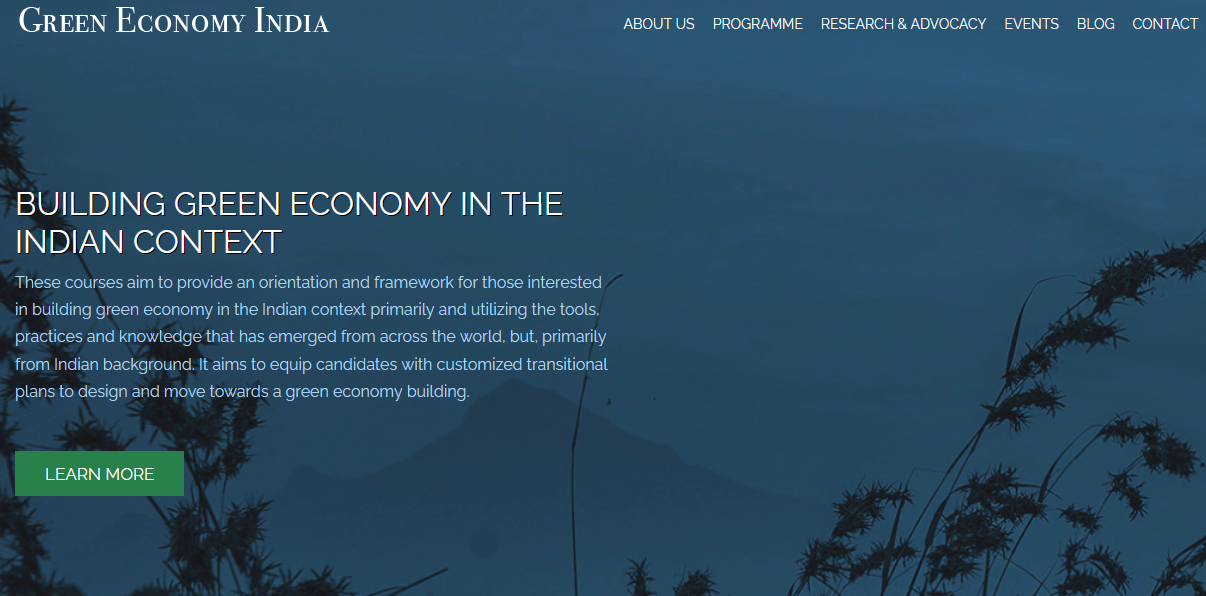
Transition to sustainable economy has acquired frantic preparation in some countries and curious indifference in others, India is uniquely placed to become a global leader as it has a traditional orientation towards green living and thinking that is embedded into the culture of the country.
Currently however, there are not many courses that are available to the mainstream colleges / universities which can cater to their curriculum needs and also orient students towards Green Economic ideas.
With the view of bridging this gap, Samanvaya launched the Green Economy India as a web portal on its 25th birthday (Aug 15th 2023). The web portal brings together some of the top practitioners of the Green Economy concept across India to conceptualize, create and offer courses to the general public, college students and professionals as well.
Look up more details in the website here
Raattai - The Podcast in Tamil
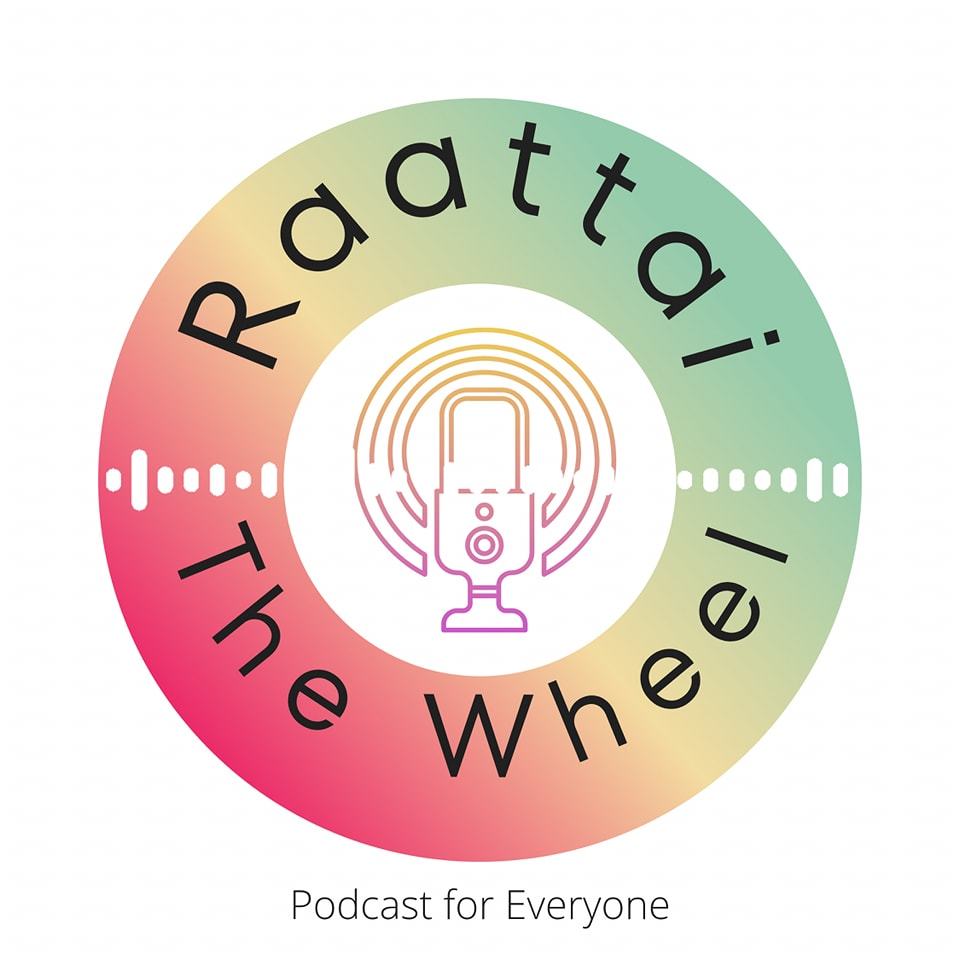
The Wheel is a joint podcast that Ramasubramanian, Director of Samanvaya co-curates along with one of our regular collaborator, Mr. Baskar Manimegalai of Tiruvannamalai. This Tamil podcast started in late 2022 covers diverse contemporary subjects including climate change, climate justice, politics, diversity, and much more. It is available in all the podcast platforms and also on youtube. You can listen to them here and here
Environmental & Social Research for Action (ESRA)
It was way back in 2017 that a small group of people gathered to think of advocacy on social and environmental issues.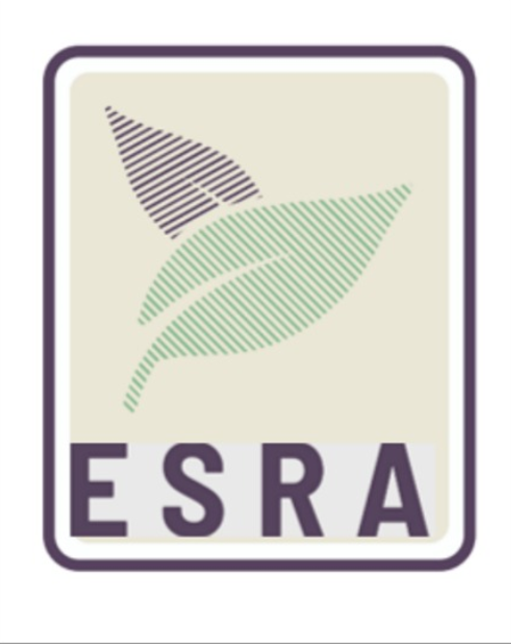 It was immediately after Samanvaya had conducted and launched a study on the Forest Rights Act (FRA) implementation in the state of Tamil Nadu. Subsequently, a small group of volunteers got together online in 2021-22 to continuously engage with environmental and social issues and launch knowledge centric advocacy based on the same. While the broad areas of interest were social and environmental research, the specific concern remained that of building a ecosystem for green economy. Subsequently this initiative has been merged with the Green Economy India web portal here
It was immediately after Samanvaya had conducted and launched a study on the Forest Rights Act (FRA) implementation in the state of Tamil Nadu. Subsequently, a small group of volunteers got together online in 2021-22 to continuously engage with environmental and social issues and launch knowledge centric advocacy based on the same. While the broad areas of interest were social and environmental research, the specific concern remained that of building a ecosystem for green economy. Subsequently this initiative has been merged with the Green Economy India web portal here
Other Blogs
Pandemic Diary
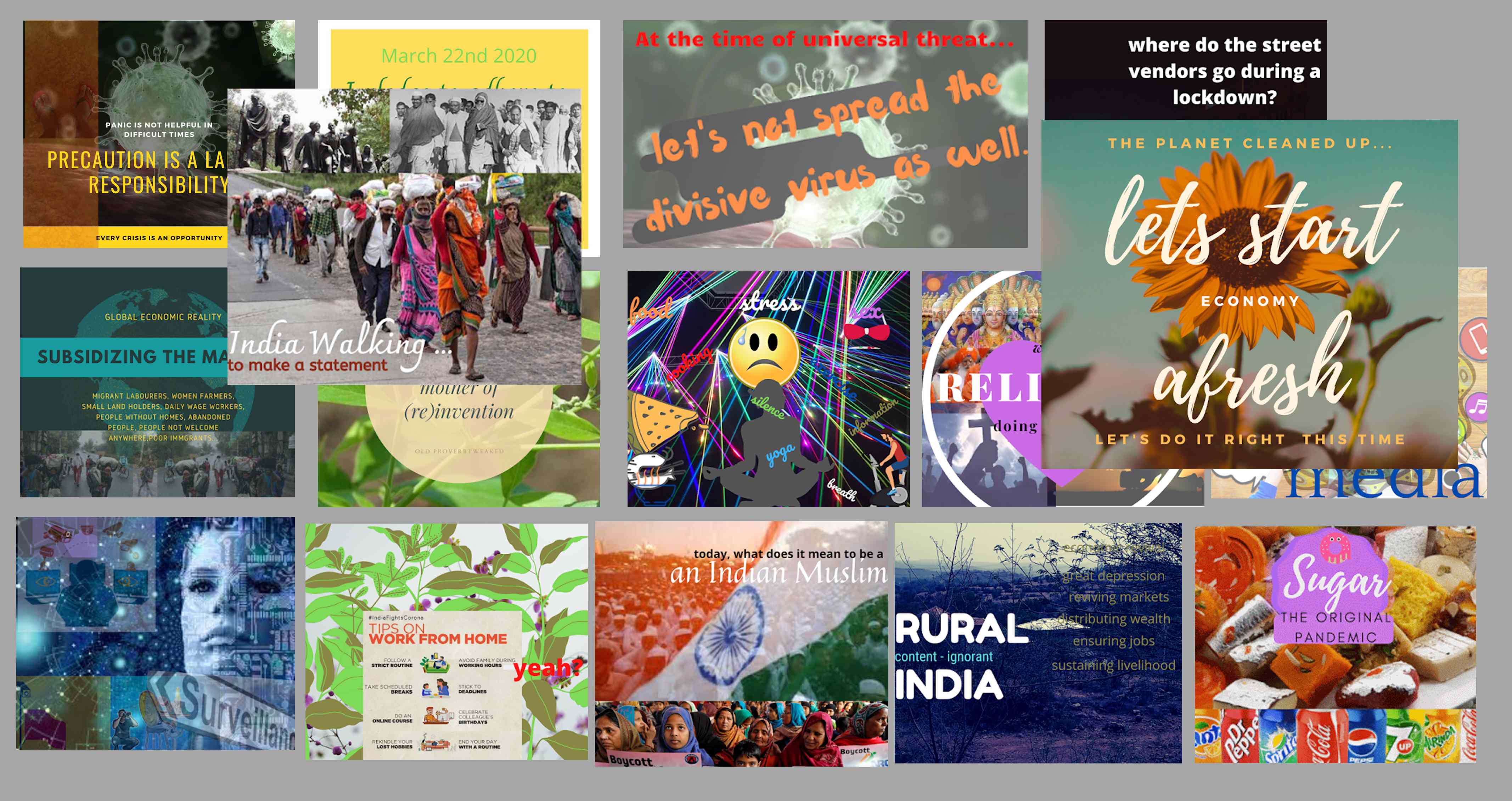 During the early days of the pandemic (2020), Director of Samanvaya wrote an daily diary to record the reflections of himself and others and concerns of that time to be capturing the same for a later date. These were popular as it got circulated both in the online group and social media as well. It was a way of recording what transpired during the pandemic and represents some of the most debated issues of that time as well as some amazing civil society initiatives. The blog itself is available here.
During the early days of the pandemic (2020), Director of Samanvaya wrote an daily diary to record the reflections of himself and others and concerns of that time to be capturing the same for a later date. These were popular as it got circulated both in the online group and social media as well. It was a way of recording what transpired during the pandemic and represents some of the most debated issues of that time as well as some amazing civil society initiatives. The blog itself is available here.
Prof. G.D.Agarwal’s campaign to save the Himalayas
Samanvaya showed its solidarity with creating an online repository of all the related material for the work of late Prof. G.D.Agarwal and his bid to save the Himalayas from large scale destructive dams construction. He had started his first hunger fast in 2008, at that time there was hardly any material online about his fast, so, Samanvaya team decided to support and show solidarity through its continued updating of material from his friends as he went on fast. The first one was followed quickly by another and then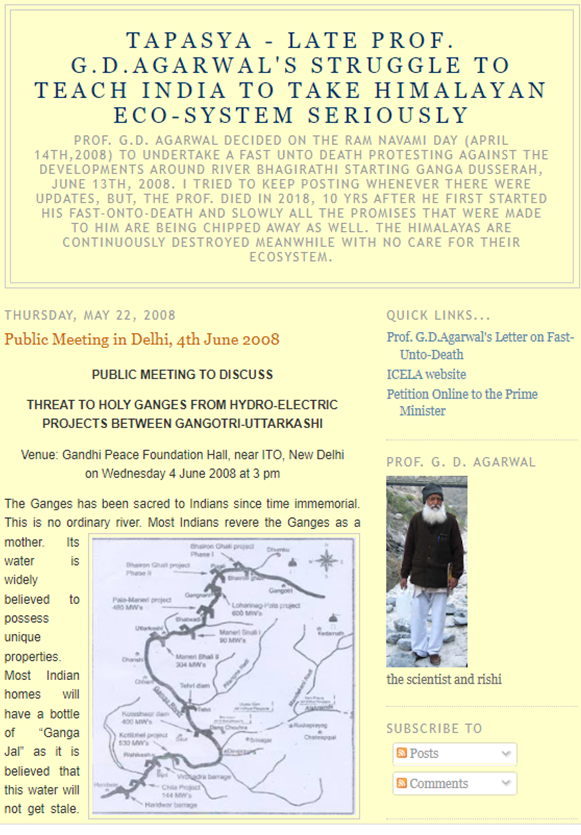 another...as the Government kept going back on the promises made to him. He kept going back, much like the mythical Sage Bagiratha whose Tapasya (meditation) is supposed to have resulted in bringing down the river Ganges into the plains of India from the head of Lord Shiva.
another...as the Government kept going back on the promises made to him. He kept going back, much like the mythical Sage Bagiratha whose Tapasya (meditation) is supposed to have resulted in bringing down the river Ganges into the plains of India from the head of Lord Shiva.
While briefly the construction was stopped, it was continued further yet again. The earthquake in Uttrakhand in 2013 and the cracking of houses in early 2023 are a testimony of the several warnings that he kept giving. Prof. Agarwal during the course of the several fasts, took up sannyasa and changed his name to that of Swami Swanand. He succeeded in giving up his life for the Himalayas when his health took for worse during yet another hunger fast in 2018, when he succumbed to the prolonged struggle. Only time can bear testimony to whether he managed to convince anyone. As things stand, there is no visible change in the attitude towards big dams and large construction programmes, both of which are still considered as ''development'' in national and state capitals. All his campaign writing and materials are available in the blog we maintained as part of his campaign here.
Small Satori at Work
 Satori is a deep insight that can arrive with great clarity in a moment of relaxation to anyone. It has always been a practice to acknowledge small moments of such insights that everyone is capable of, acknowledge and record them as a practice of mindfulness at work at the Samanvaya office . In one of the old Samanvaya offices, we had a bell hung that staff were to ring to call everyone's attention during work if they feel that they had arrived at such a moment of insight, everyone else paused and celebrated to acknowledge that moment and also the spirit of mindfulness which gives us those momentary insights. Small satori at work was started as a blog to document such insights.
Satori is a deep insight that can arrive with great clarity in a moment of relaxation to anyone. It has always been a practice to acknowledge small moments of such insights that everyone is capable of, acknowledge and record them as a practice of mindfulness at work at the Samanvaya office . In one of the old Samanvaya offices, we had a bell hung that staff were to ring to call everyone's attention during work if they feel that they had arrived at such a moment of insight, everyone else paused and celebrated to acknowledge that moment and also the spirit of mindfulness which gives us those momentary insights. Small satori at work was started as a blog to document such insights.
Indian World View
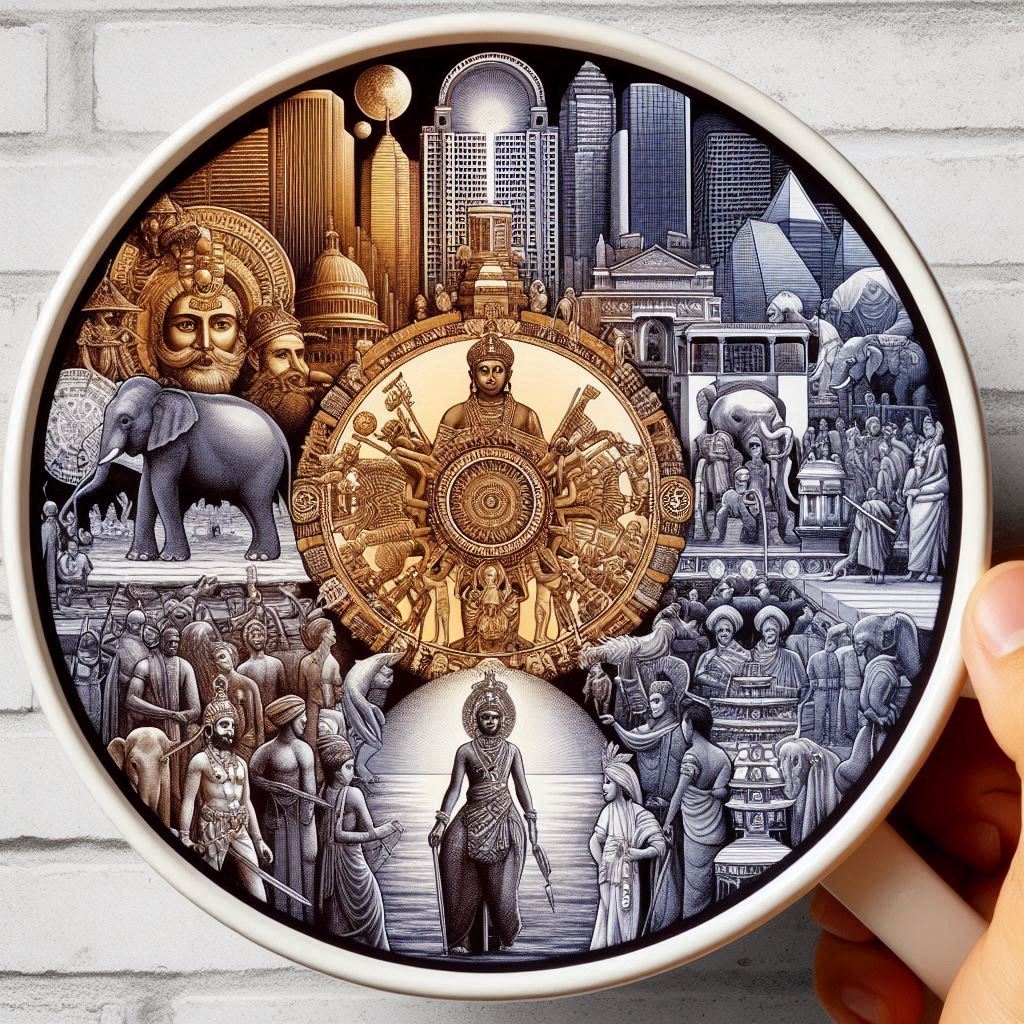 We firmly believe that Indian civilization still prevails in several ways through practices and ideas that are prevalent among ordinary people of this country. Over the last two decades, regular engagement with people’s institutions and organizations has given us a lot of insights on the civilizational uniqueness. The same is periodically recorded in the online repository under the title Indian World View. This has subsequently merged into the initiative online known as the Dharma Institute.
We firmly believe that Indian civilization still prevails in several ways through practices and ideas that are prevalent among ordinary people of this country. Over the last two decades, regular engagement with people’s institutions and organizations has given us a lot of insights on the civilizational uniqueness. The same is periodically recorded in the online repository under the title Indian World View. This has subsequently merged into the initiative online known as the Dharma Institute.